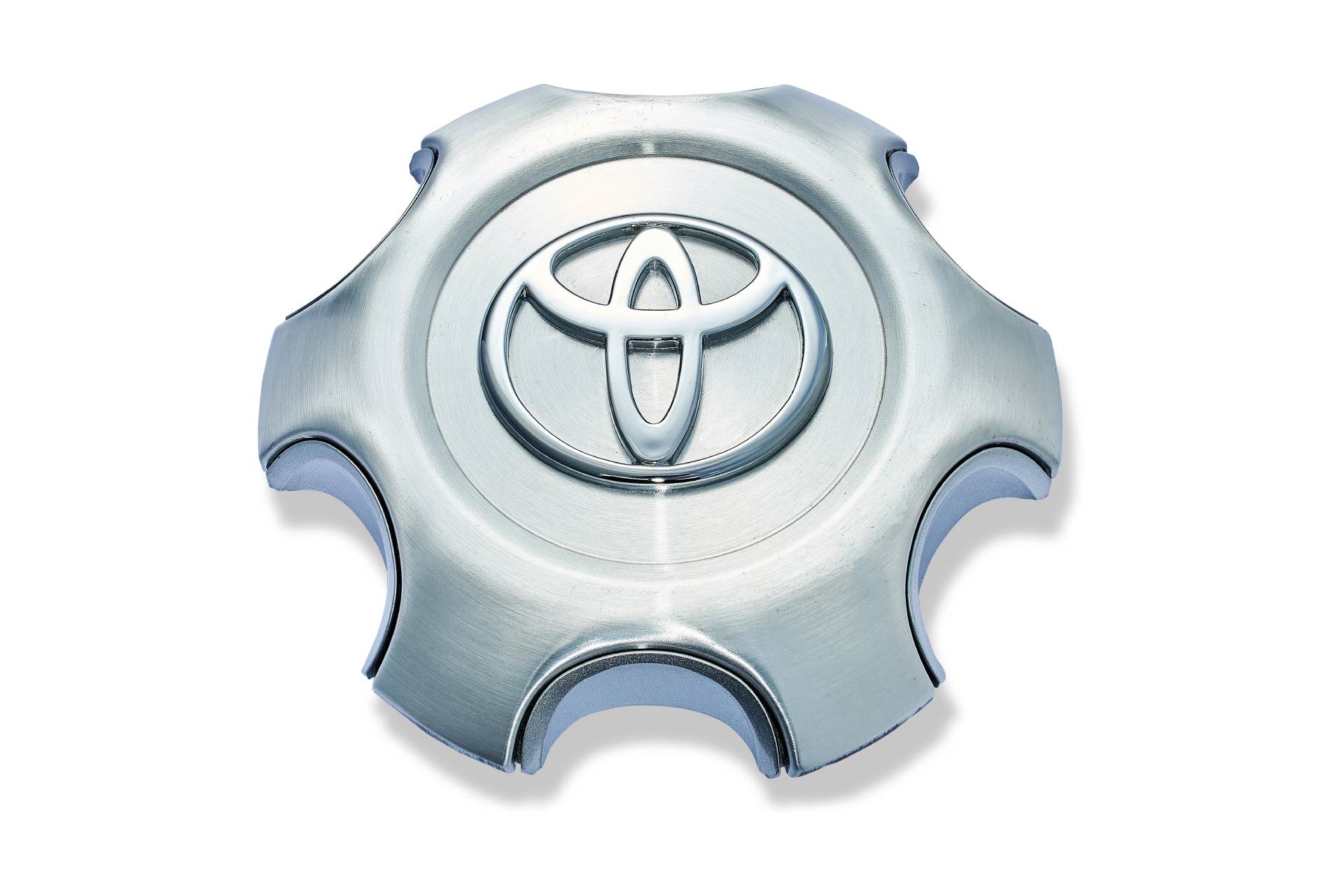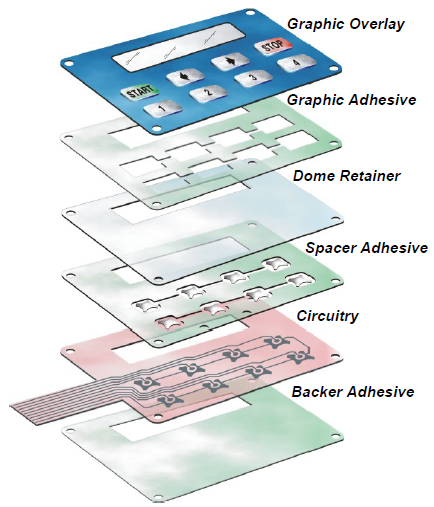Why Membrane Layer Switches Are Vital for Long Lasting Control Solution
Membrane buttons play an essential function in making sure the toughness and integrity of control systems throughout different markets. Their distinct construction allows them to endure tough ecological aspects such as humidity, temperature extremes, and physical wear. This strength not just prolongs the life expectancy of the systems they serve yet likewise lessens maintenance requirements. As we check out the multifaceted benefits of membrane layer switches, it becomes noticeable that their relevance transcends mere capability, influencing customer experience and functional effectiveness. What further effects do these attributes hold for the future of control system design?
Review of Membrane Switches
Membrane switches are versatile and trustworthy parts generally utilized in various electronic control systems. The visuals overlay gives both functional and aesthetic design, while the spacer layer ensures that the switches are activated only when pressed.
Membrane switches are often favored in applications needing a small and light-weight style, making them suitable for portable gadgets, medical equipment, and industrial machinery. They can be customized to fulfill details customer requirements and can incorporate various attributes such as backlighting, responsive comments, and several colors. Membrane buttons are resistant to dust, dampness, and pollutants, making them appropriate for environments where durability is important.
Advantages of Durability
In several applications, the toughness of membrane switches deals considerable benefits that improve their overall efficiency and dependability. These buttons are developed to withstand rough atmospheres, making them perfect for usage in demanding conditions such as high moisture, extreme temperature levels, and exposure to chemicals. Their durable construction aids to avoid damages from physical effect, making certain lasting performance and minimizing the need for constant replacements.
Additionally, membrane buttons are resistant to damage, which is important in applications where frequent interaction occurs. This durability equates to decrease maintenance expenses, as companies take advantage of lowered downtime and fewer service disturbances. Additionally, the encapsulated style of membrane layer switches secures inner components from dust and dampness ingress, further adding to their life-span.
One more advantage is their capability to keep regular efficiency gradually. With a high resistance for mechanical stress, these buttons preserve their tactile feedback and electrical stability, making sure customer complete satisfaction. Eventually, the resilience of membrane changes not only improves operational effectiveness however likewise promotes confidence in their dependability, making them a favored option for control systems across various industries.
Applications in Different Industries
Resilient control systems employing membrane switches locate considerable applications throughout a series of sectors, each gaining from the special characteristics these switches offer. In the clinical field, membrane layer switches are vital for gadgets such as patient monitors and analysis devices, where dependability and ease of cleaning are paramount. Their resistance to dampness and pollutants ensures they maintain capability in sterilized environments.
The automotive sector leverages membrane switches for control panel controls and infotainment systems, where they supply streamlined, low-profile interfaces that boost user experience. These buttons are likewise designed to hold up against extreme conditions, consisting of exposure to severe temperature levels and resonances.
In industrial setups, membrane buttons are typically made use of in machinery control board, using tactile comments and resilience essential for high-usage applications. Their ability to resist chemicals makes them ideal for producing settings where spills and pollutants are constant.

Consumer electronic devices, such as kitchen home appliances and remotes, also use membrane layer switches for their versatility and cost-effectiveness. Generally, the flexibility and robust nature of membrane changes make them crucial across different markets, ensuring efficient operation and durability in control systems.
Style and Visual Appeal
While functionality is extremely important, the design and aesthetic charm of control systems outfitted with membrane buttons play an important function in customer involvement and overall experience (membrane switch). The visual design of these switches can considerably influence individual understanding and communication. A properly designed membrane switch improves the good looks of the tool, making it more appealing to users and fostering a connection between the customer and the item
Membrane layer changes use a good deal of adaptability in layout, permitting suppliers to tailor graphics, shades, and structures to line up with brand identity and item aesthetic appeals. The usage of lively colors and distinctive my blog patterns can draw focus, while responsive comments can strengthen the user's communication with the tool. Furthermore, the capability to integrate LED try here indicators and backlighting right into the membrane layer switch design provides both useful and aesthetic benefits, boosting exposure and usability in various settings.

Enhancing Individual Experience

In addition, membrane layer switches can be customized to integrate visual user interfaces, boosting use by presenting information in a clear and user-friendly way (membrane switch). This modification can consist of symbols, tags, and shade coding that overview customers through complex functionalities with simplicity. Furthermore, their adaptability permits combination in different settings, making certain consistent efficiency whether in industrial machinery or customer electronic devices
The resilience of membrane switches additionally plays a critical role in customer experience. why not look here By holding up against rough problems and expanded use, these switches reduce the likelihood of system failings, therefore promoting reliability and user self-confidence. Inevitably, the calculated use membrane switches not just raises capability yet likewise considerably enriches customer communication with control systems, making them a vital element in modern layout.
Final Thought

Comments on “How Membrane Switches Ensure Reliable and Longevity in Electronics”